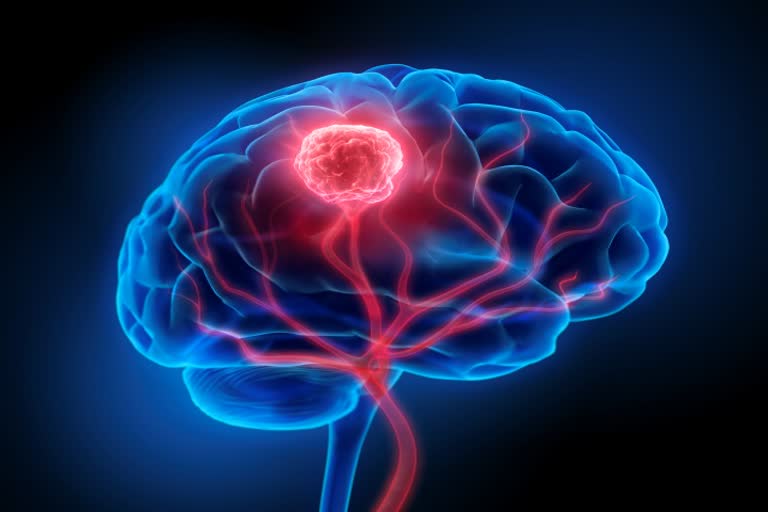Tumours in the brain have been a big problem for patients and a difficult task for doctors to give care and extend their life. In India, more than 50,000 cases of brain tumours are reported every year and the majority of them belong to cancer. We do not know the symptoms of brain tumours until it grows to dangerous levels.
A recent study conducted at the Nagoya University, Japan revealed that microRNAs in urine could be a promising biomarker to diagnose brain tumours. Their findings have indicated that regular urine tests could help early detection and treatment of brain tumours. MicroRNA controls gene expression mainly by binding with messenger RNA (mRNA) in the cell cytoplasm.
Early diagnosis of brain tumours is difficult because nobody undergoes a brain CT or MRI without any neurological symptoms like immobility of limbs, slurred speech or head injuries. When brain tumours are detected by CT or MRI, they have already grown too large to be fully removed. Therefore, there is a need for early detection.
Also Read: Novel blood Test May Help Reduce Specific Brain Tumor
As a diagnostic biomarker of cancerous tumours, microRNAs (tiny molecules of ribonucleic acid) have recently received considerable attention. MicroRNAs are secreted from various cells and exist in a stable and undamaged condition within extracellular vesicles in biological fluids like blood and urine. The urine-based liquid biopsy hadn't been fully investigated for patients with brain tumours, because none of the conventional methodologies can extract microRNAs from urine efficiently in terms of varieties and quantities.
So, they decided to develop a device capable of doing it. The new device they developed is equipped with 100 million zinc oxide nanowires (nanorods) suitable for collecting so-called Extracellular Vesicles that contain microRNA. The device can extract a significantly greater variety and quantity of microRNAs from a millilitre of urine compared to conventional methods. These nanorods are already being used to diagnose kidney diseases.
Their analysis of microRNAs collected from the urine of patients with brain tumours and non-cancer individuals revealed that many microRNAs derived from brain tumours actually exist in urine in a stable condition. Next, the researchers examined whether urinary microRNAs can serve as a biomarker of brain tumours, using their diagnostic model based on the expression of microRNAs in urine samples from patients with brain tumours and non-cancer individuals.
The results showed that the model can distinguish the patients from non-cancer individuals at a sensitivity of 100% and a specificity of 97%, regardless of the malignancy and size of tumours. The researchers thus concluded that microRNAs in urine is a promising biomarker of brain tumours. The researchers hope that their findings will contribute to the early diagnosis of aggressive types of brain cancer, like glioblastomas, as well as other types of cancer.



